Don't judge what you don't know
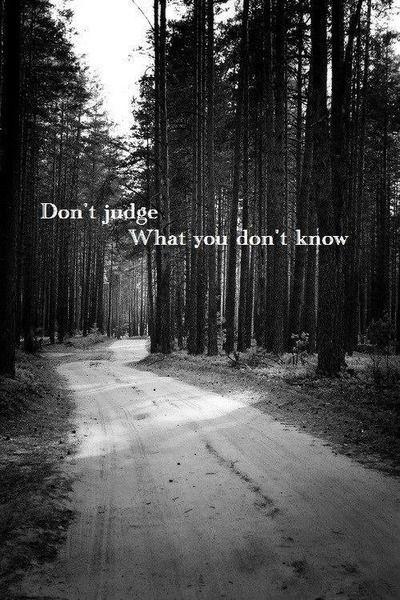
Don't judge what you don't know
"Don't judge what you don't know" is a powerful statement that holds a lot of truth. It is easy for people to make assumptions and pass judgment on others without truly understanding their circumstances or experiences. This can be damaging not only to the person being judged but also to the person doing the judging.When someone says "don't judge me," they are essentially asking for understanding and empathy. They are asking for others to withhold their opinions and criticisms until they have a full understanding of the situation. It is important to remember that everyone has their own unique story and struggles, and it is not fair to make assumptions about someone based on limited information.
Judging others can also have a negative impact on our own mental health and well-being. When we are quick to judge others, we are often projecting our own insecurities and biases onto them. This can create a toxic cycle of negativity and judgment that can be harmful to both parties involved.
Instead of judging others, it is important to practice empathy and compassion. Take the time to listen to someone's story and try to understand where they are coming from. By approaching others with an open mind and heart, we can build stronger connections and foster a more inclusive and understanding community.
It is also important to remember that we are all human and we all make mistakes. Instead of judging someone for their actions, try to offer support and guidance. By showing kindness and understanding, we can help others grow and learn from their experiences.
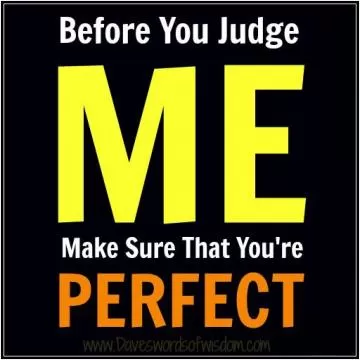
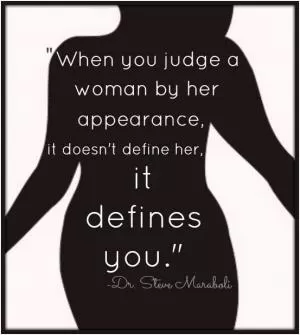
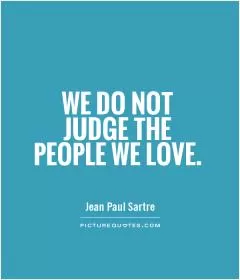
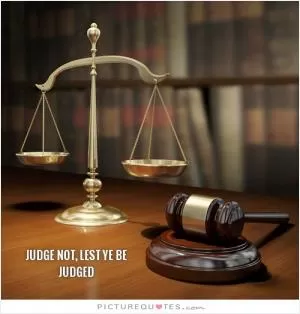
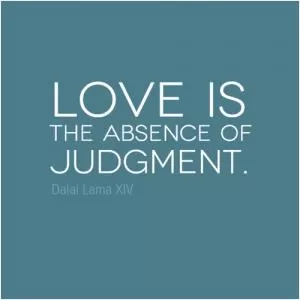

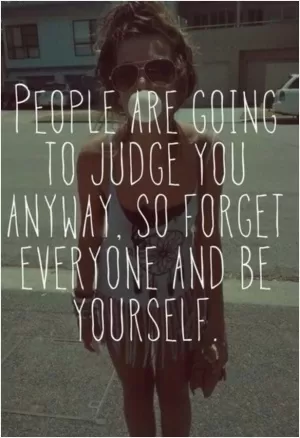
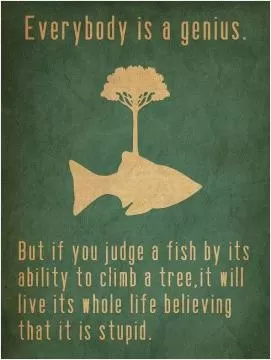
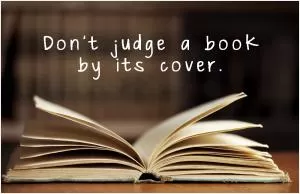


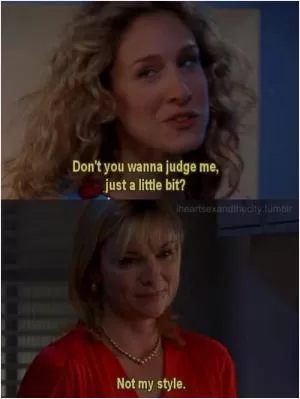
 Friendship Quotes
Friendship Quotes Love Quotes
Love Quotes Life Quotes
Life Quotes Funny Quotes
Funny Quotes Motivational Quotes
Motivational Quotes Inspirational Quotes
Inspirational Quotes